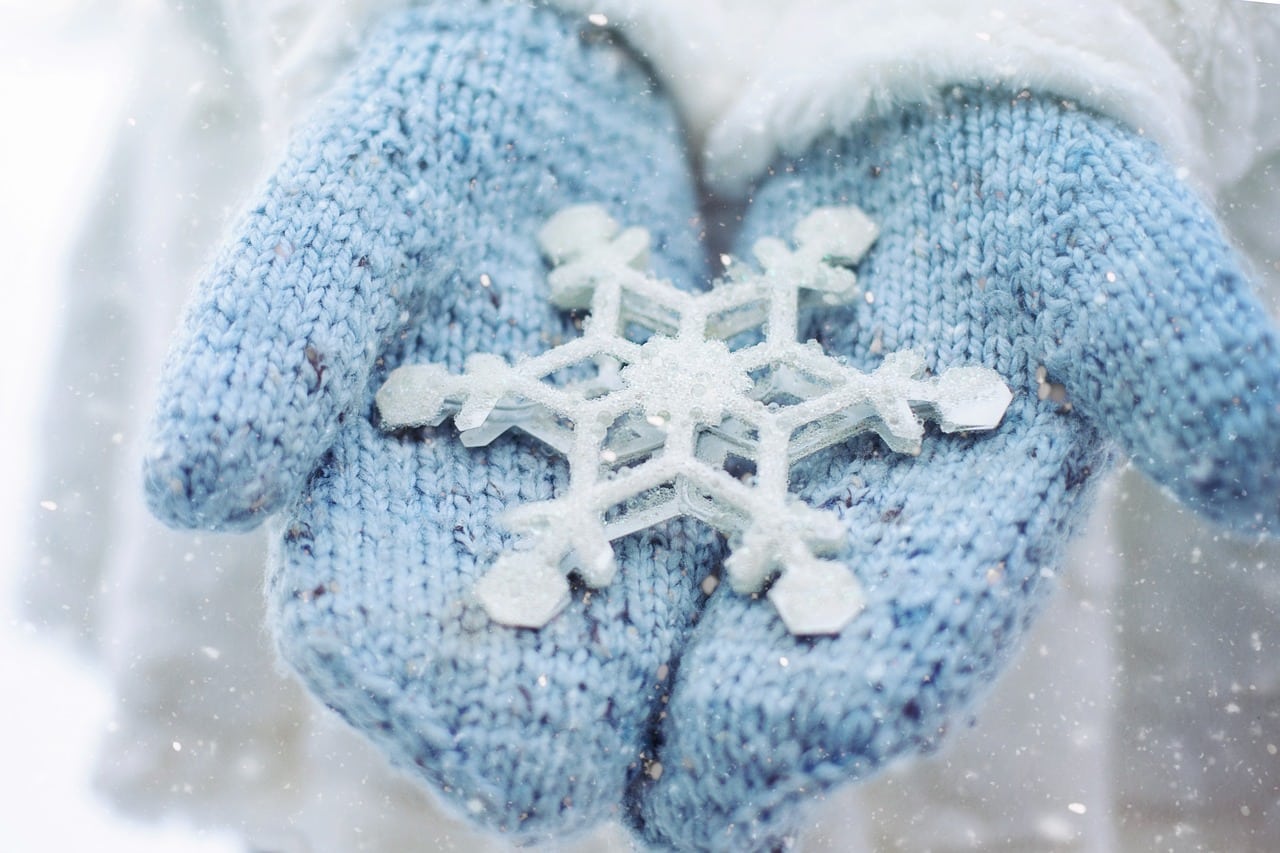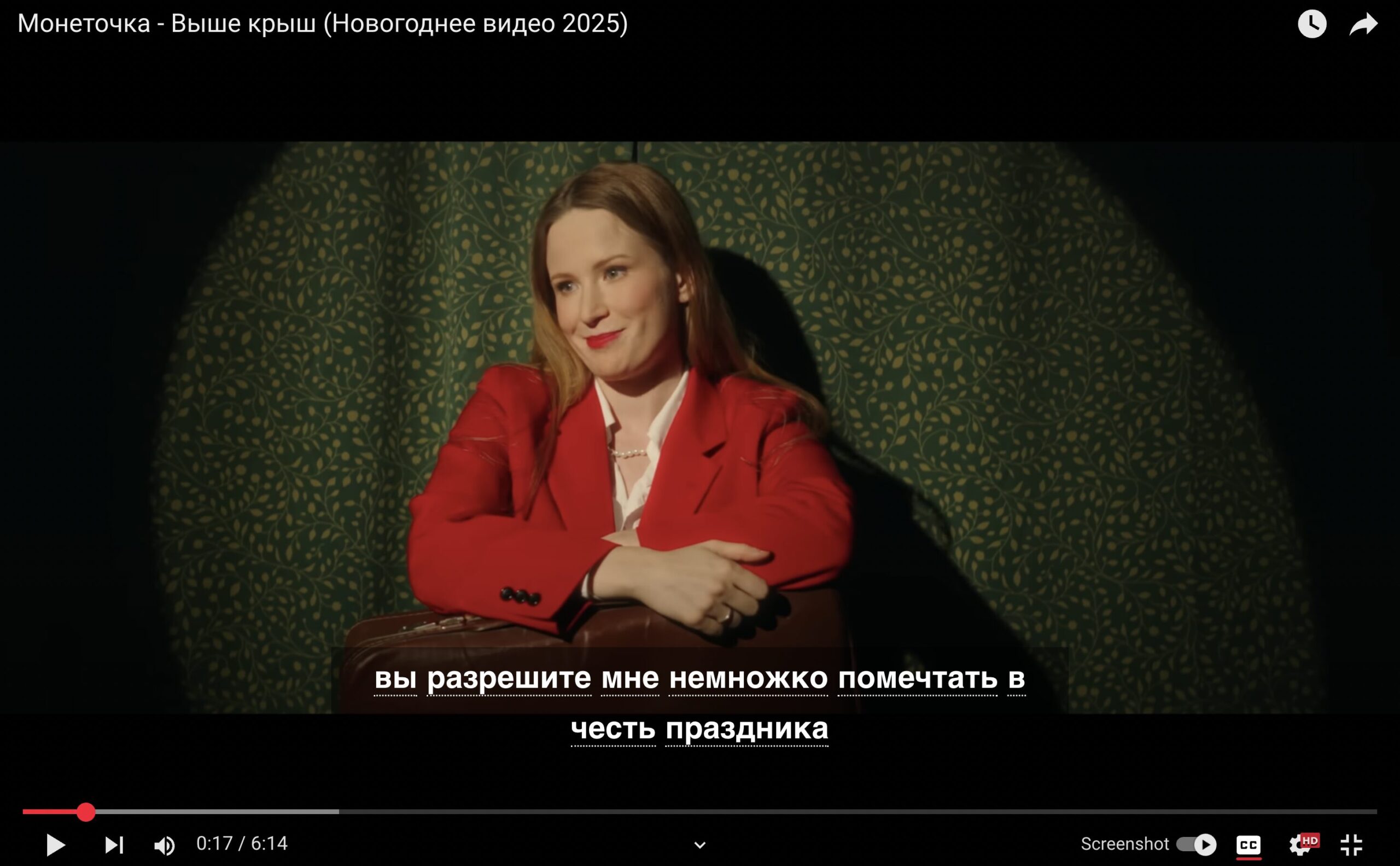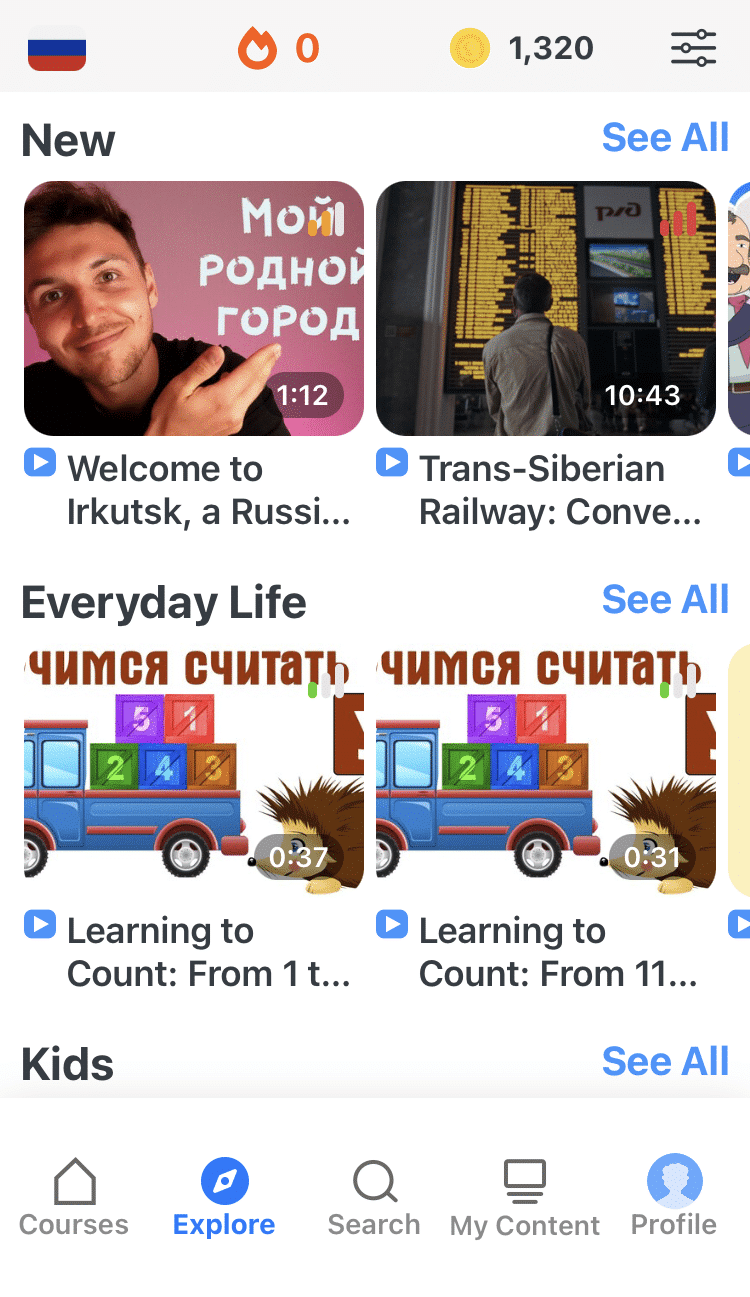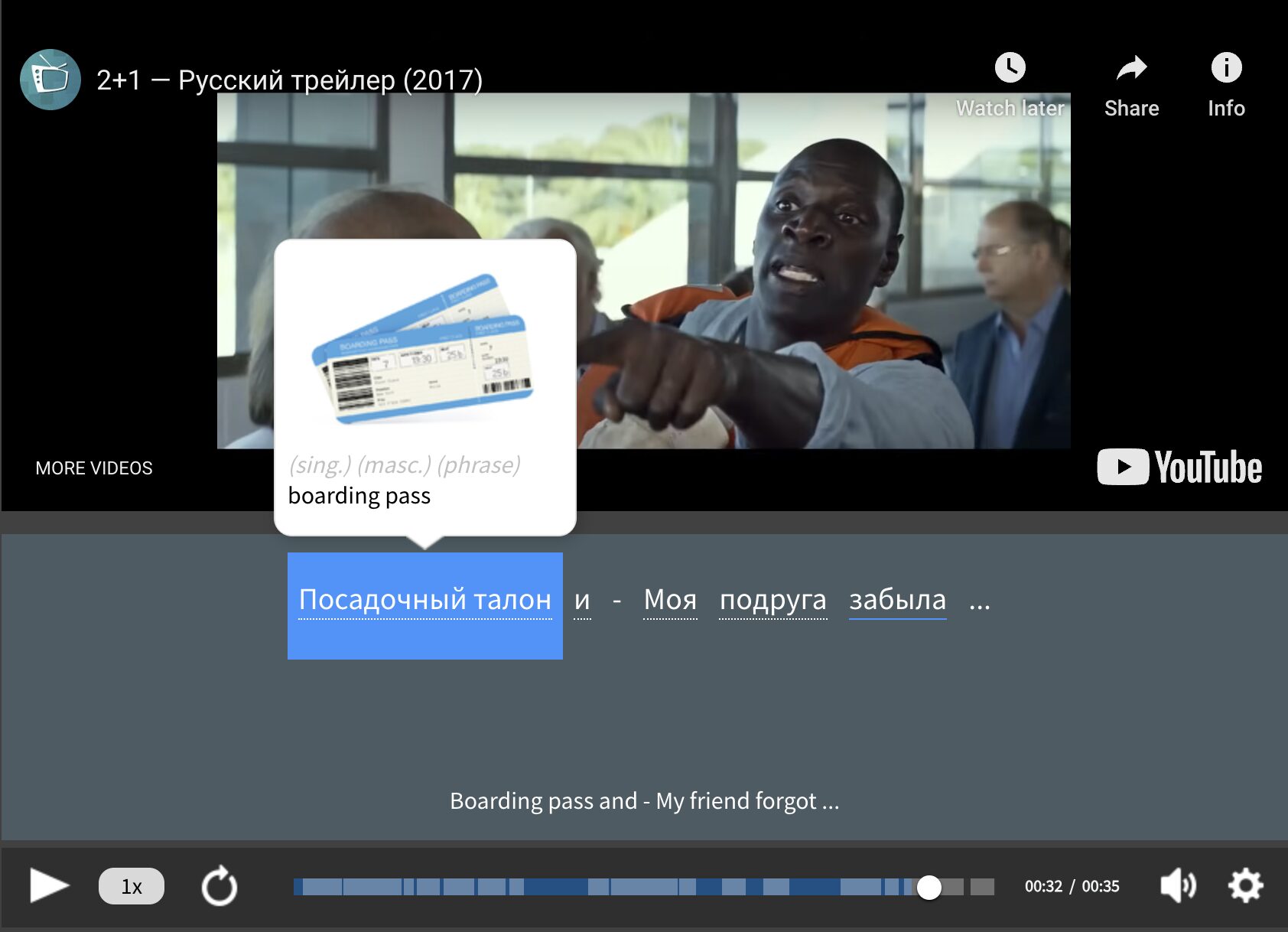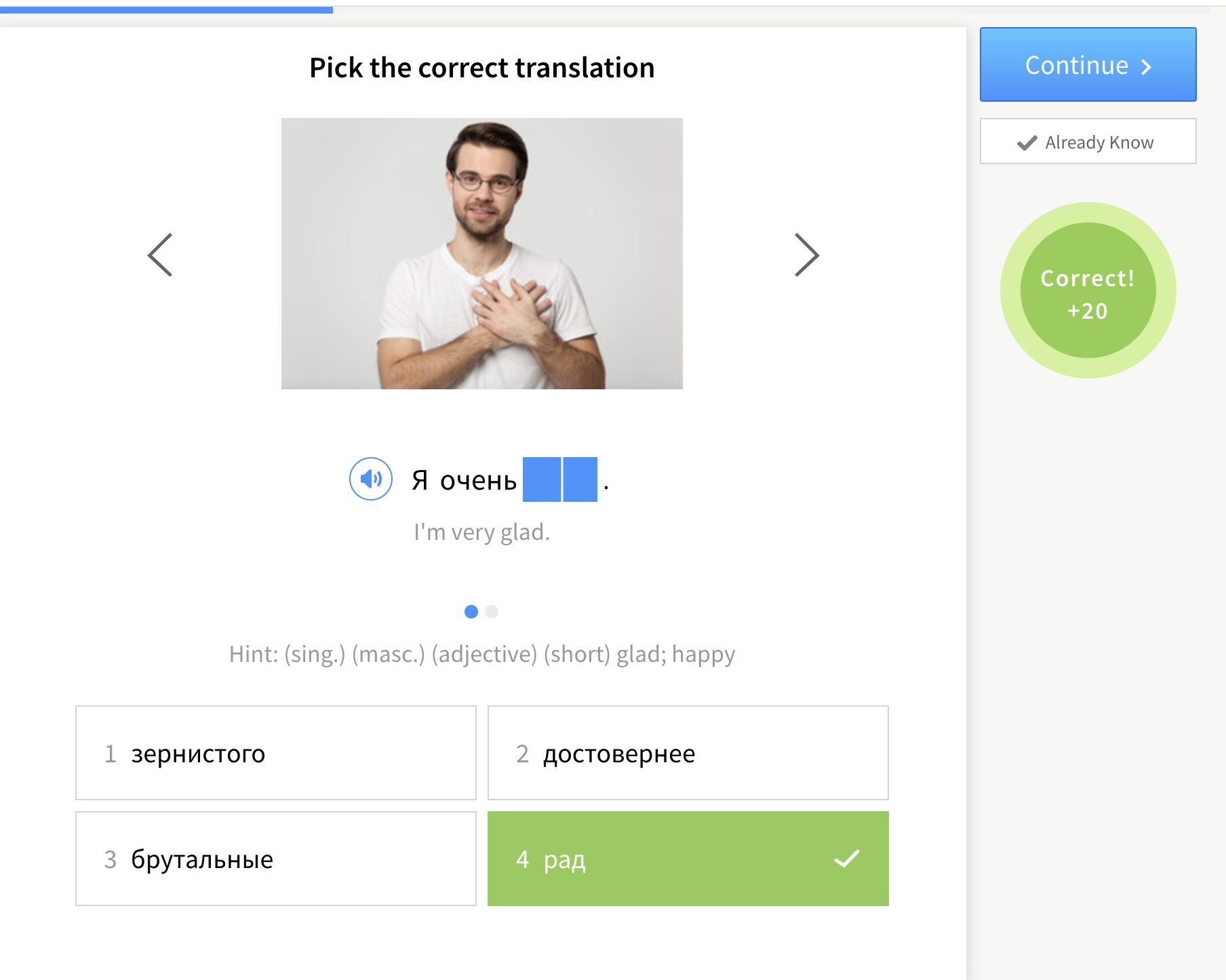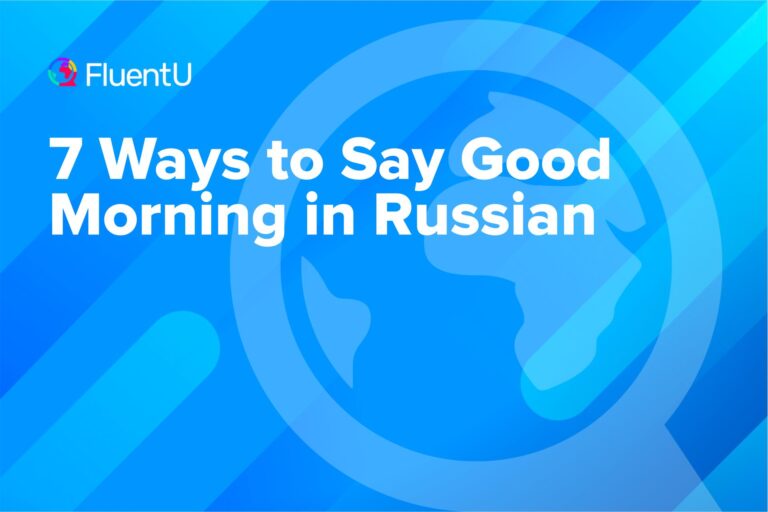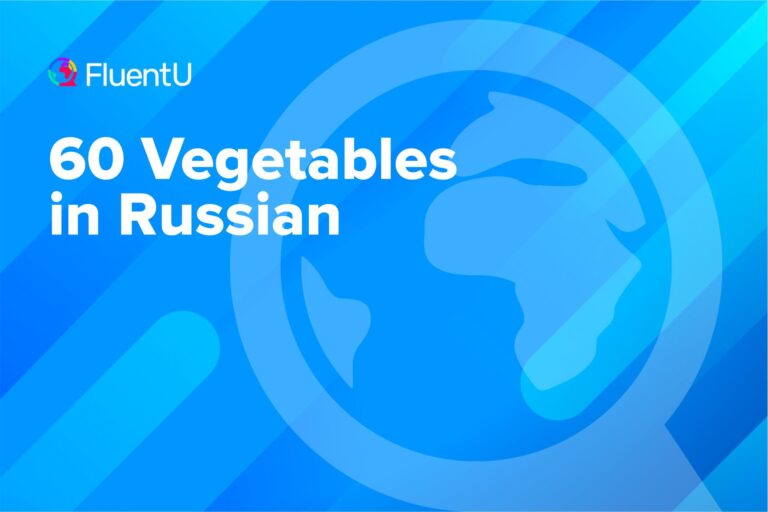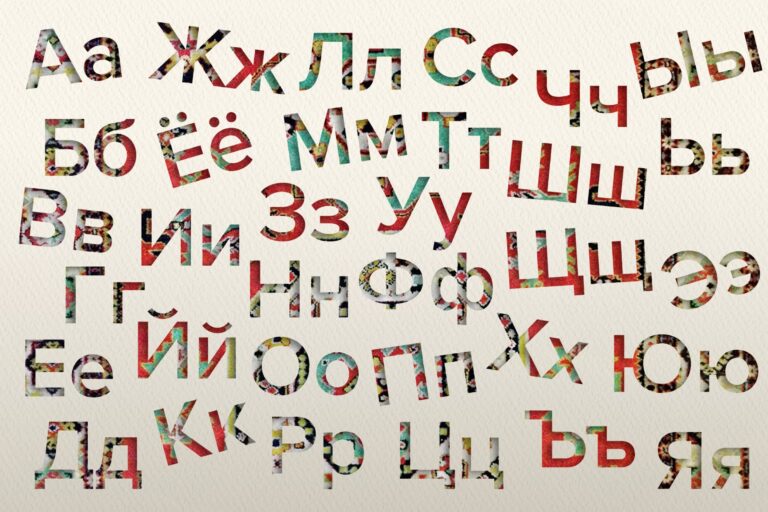A Simple Guide to Months in Russian
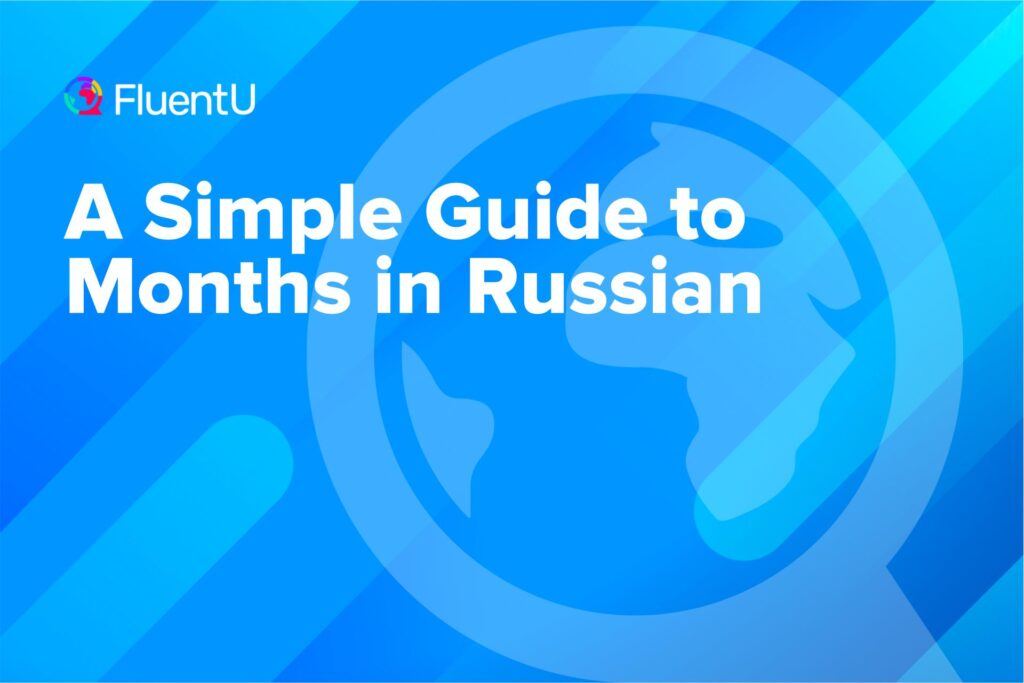
Learn all about the months in Russian with this blog guide to months, seasons and seasonal events in Russian. Find out all about the Russian calendar and how to express dates in Russian.
And if you ever get the chance to visit Russia, you’ll know what to expect for each season.
Download: This blog post is available as a convenient and portable PDF that you can take anywhere. Click here to get a copy. (Download)
Names of the Months in Russian
First, let’s get into the main vocabulary. Here’s how to say the months in Russian:
- январь (Yanvar) — January
- февраль (Fevral) — February
- март (Mart) — March
- апрель (Aprel) — April
- май (May) — May
- июнь (Iyun) — June
- июль (Iyul) — July
- август (Avgust) — August
- сентябрь (Sentyabr) — September
- октябрь (Oktyabr) — October
- ноябрь (Noyabr) — November
- декабрь (Dekabr) — December
Saying and Writing Dates in Russian
Russian Months in the Genitive Case
When saying the date, months are in the genitive case. Here’s how to do that:
- января for January
- февраля (fevralya) for February
- марта (marta) for March
- апреля (aprelya) for April
- мая (maya) for May
- июня (iyunya) for June
- июля (iyulya) for July
- августа (avgusta) for August
- сентября (sentyabrya) for September
- октября (oktyabrya) for October
- ноября (noyabrya) for November
- декабря (dekabrya) for December
How to write dates in Russian
The format for writing dates in Russian is “day month year.” Remember that Russian dates often include the full year, especially in written form.
Unlike English, months and seasons in written Russian are treated as common nouns, so they’re not capitalized.
For example:
15 июля 2023 года (15 July 2023)
15 мая 1965 года (15 May 1965)
12 декабря 1972 года (12 December 1972)
How to say dates in Russian
To say the date, you use the ordinal numbers for the day and the genitive case for the month.
For example:
пятнадцатое июля две тысячи двадцать третьего года (pyatnadtsatoye iyulya dve tysyachi dvadtsat’ tretyego goda)
Пятнадцатое мая тысяча девятьсот шестьдесят пятого года (Pyatnadtsatoye maya tysyacha devyat’sot shestdesyat pyatogo goda)
Двенадцатое декабря тысяча девятьсот семьдесят второго года (Dvenadtsatoye dekabrya tysyacha devyat’sot sem’desyat vtorogo goda)
Seasons in Russian
As you learn about the seasons, keep in mind that Russians use a calendar definition of seasons, not the astronomical one as many other places worldwide. Hence, spring begins on March 1, not March 21; summer on June 1, not June 21; autumn on September 1, not September 21; winter on December 1, not December 21.
Весна (Vesna) — Spring
Ah, spring! The time of blooming and, in some parts of Russia, flooding. As the snow melts, rivers and lakes swell, and sometimes overflow their banks. This can cause some disruption, but it also brings with it the renewal of nutrients to the land.
Springtime also brings quite a few celebrations. Масленица (Maslenitsa) is a widely celebrated traditional Russian festival marking the end of winter and the arrival of spring.
This week-long event involves various customs, with one of the highlights being the preparation and consumption of блины (blini), thin pancakes symbolizing the sun. Families gather to enjoy these treats, often topped with caviar, sour cream or jam.
Additionally, International Women’s Day on March 8th holds great significance. Known as Международный женский день (Mezhdunarodny zhenskiy den’) or simply Восьмое марта in Russian, it’s a day to honor women’s achievements and contributions. Flowers, particularly tulips, are popular gifts, and many events are organized to celebrate women across the country.
Another notable celebration is Easter, called Пасха (Paskha) in Russian. While the date aligns with the Christian calendar, many Russians also incorporate traditional folk rituals into their Easter festivities.
It’s a time for family gatherings, special meals and the exchange of beautifully decorated eggs or крашенные яйца (krasnennye yaytsa).
One final Russian spring holiday of note is Victory Day on May 9, known as День Победы (Den Pobedy). It’s a significant holiday in Russian culture commemorating the victory over Nazi Germany in World War II.
Лето (Leto) — Summer
Russians often spend their summers at дача (dacha), countryside cottages. This tradition is deeply ingrained, and families cultivate gardens and enjoy the tranquility of nature.
Ivan Kupala Night, or Иван Купала (Ivan Kupala) in Russian, is a prominent summer celebration in Russian culture. This ancient Slavic pagan festival, celebrated around the summer solstice, involves various rituals, including the weaving of flower crowns, jumping over bonfires for good luck and searching for the mythical “fern flower,” believed to bring happiness and wealth.
День России (Den’ Rossii), or Russia Day, on June 12th, is a national holiday commemorating the declaration of sovereignty.
The White Nights Festival in St. Petersburg, Фестиваль “Белые ночи” (Festival Belye Nochi) is another notable summer event. As the city experiences almost continuous daylight during this time, various cultural performances, including the famous Scarlet Sails celebration, illuminate the “Venice of the North.”
The Scarlet Sails event involves a spectacular display of fireworks and a ship with scarlet sails, symbolizing the culmination of academic achievements for graduates.
Осень (Osen’) — Autumn
September first is День знаний (Den’ Znaniy), or Knowledge Day. It marks the beginning of the school year and is a significant cultural event in Russia. Students dressed in formal attire attend ceremonies with flowers for their teachers.
Хэллоуин , or Halloween isn’t traditionally a Russian cultural celebration, but its popularity has been growing in recent years, especially in urban areas and among the younger generation. The holiday has been influenced by Western culture and is not deeply rooted in Russian traditions. In urban centers like Moscow and St. Petersburg, you may find Halloween decorations, themed parties and some people dressing up in costumes.
Зима (Zima) — Winter
Winter in Russian culture is marked by the celebration of the New Year, known as Новый год (Novy God). While Christmas is also observed, the New Year is the main holiday for festive gatherings, gift exchanges and elaborate decorations. Grandfather Frost, or Дед Мороз (Ded Moroz), accompanied by his granddaughter Снегурочка (Snegurochka), delivers presents to children on New Year’s Eve.
Orthodox Christmas, celebrated on January 7th, follows the Julian calendar. Known in Russian as Православное Рождество (Pravoslavnoe Rozhdestvo), it’s a quieter, more religious holiday, with many attending church services and partaking in festive meals with family.
Татьянин день (Tatyanin Den’), or Tatiana Day, is another cultural event associated with the academic calendar. It takes place on January 25th according to the Julian calendar and honors students and teachers, particularly those in higher education. Many educational institutions celebrate this day with various activities and events.
Ice sculpting festivals, like the one held in St. Petersburg, have gained popularity in Russia during winter. These events showcase intricate ice sculptures and attract visitors from around the world.
To see this vocabulary used in context, you could try the language learning program FluentU.
FluentU takes authentic videos—like music videos, movie trailers, news and inspiring talks—and turns them into personalized language learning lessons.
You can try FluentU for free for 2 weeks. Check out the website or download the iOS app or Android app.
P.S. Click here to take advantage of our current sale! (Expires at the end of this month.)
Russian Calendar System
The Russian calendar system historically used the Julian calendar, which was introduced by Julius Caesar in 45 BCE. However, in 1918, Russia adopted the Gregorian calendar as part of a series of reforms under the Soviet government. The Gregorian calendar, introduced by Pope Gregory XIII in 1582, is the calendar system widely used internationally.
The primary difference between the two calendar systems is in the way they handle leap years. The Julian calendar adds a leap day every four years without exception, making the average year 365.25 days long.
In contrast, the Gregorian calendar adjusts for this slight overestimation by skipping leap years in years divisible by 100 but not divisible by 400. This refinement brings the average year length closer to 365.2425 days.
As a result of these differences, the Gregorian calendar is more accurate in aligning with the astronomical year, making it the standard calendar for most of the world today.
However, some Orthodox Christian churches, including the Russian Orthodox Church, still use the Julian calendar for liturgical purposes, leading to variations in the celebration of religious holidays such as Christmas and Easter.
Common Phrases and Expressions
Here are some expressions featuring months and seasons!
- Майские заморозки
(Mayskiye zamorozki) — May frost
May has some unexpectedly cold days, often throwing crops in question by freezing the young plants.
- Марток, надевай семь порток
(Martok, nadevay syem’ portok) — March, wear seven pants
This gives you a pretty good sense of the weather in May in Russia… bone-chillingly cold!
- Не май месяц
(Nye may mesyats) — It’s not May
This is used whenever somebody exposes someone to cold unnecessarily, for example, by opening windows, turning off the heat, etc.
- Цыплят по осени считают
(Tsypliat po oseni schitayut) — chicks are counted in the autumn
This is the Russian version of the English expression “don’t count your chickens before they are hatched.”
- Готовь сани летом, а телегу—зимой
(Gotov’ sani letom, a telegu—zimoi) — prepare the sledge in the summer and the cart in the winter
This phrase emphasizes the importance of preparation and planning ahead.
- Летний день год кормит
(Letniy den’ god kormit) — A summer day feeds the year
This expression highlights the significance of a productive summer day, suggesting that a successful and fruitful summer can have a positive impact on the entire year. I
Celebrate the passing of time with these vocabulary for dates, seasons and months in Russian!
And One More Thing...
If you're like me and love learning Russian through real-world content, FluentU is a game-changer. With FluentU, you're not just memorizing Russian words—you’re learning how native speakers actually use them.
With our newest feature, you can now bring FluentU’s interactive tools to any subtitled content on YouTube or Netflix—or even import YouTube videos directly into your FluentU account!
You’ll also get access to a huge variety of Russian content in our curated video library, from movie trailers to news clips, music videos, and more. The best part? FluentU makes this native-language content accessible for learners of all levels.
While you watch, you can tap on any word in the interactive subtitles to see a definition, an image, audio, and useful example sentences. Want to practice new words later? Add them to your flashcards with one click. No more pausing to look up new words!
And FluentU helps you actually remember what you learn with personalized quizzes, plenty of example sentences, and extra practice with the words you find difficult.
Ready to start learning Russian in a more natural, immersive way? Try FluentU on your computer or tablet, or download the FluentU app from the App Store or Google Play. Click here to take advantage of our current sale! (Expires at the end of this month.)
